SUMMARY
This is AI generated summarization, which may have errors. For context, always refer to the full article.
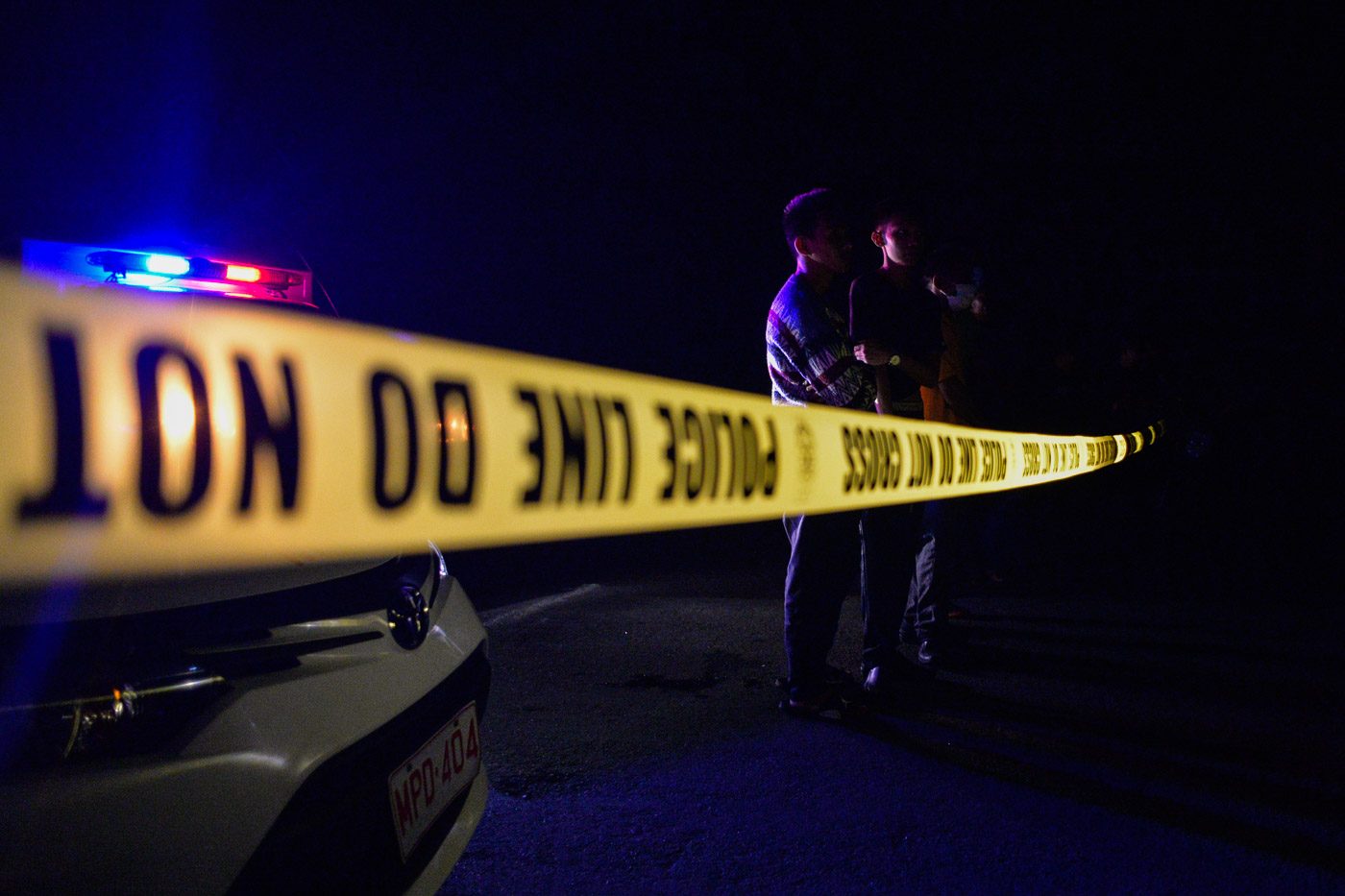
MANILA, Philippines – The National Union of Journalists of the Philippines (NUJP) called on the government not to require members of the media to become witnesses in anti-drug operations.
The presence of media in anti-illegal drugs raids and apprehensions should be limited to “coverage for journalism purposes,” the NUJP stressed in a resolution approved on Saturday, June 9, during its 10th National Congress in Diliman, Quezon City.
The resolution also called for the amendment of the provisions of Republic Act (RA) 9165 or the Comprehensive Dangerous Drugs Act, and a dialogue with the Philippine National Police (PNP) and the Philippine Drug Enforcement Agency (PDEA).
The resolution noted that RA 9165 provides specific requirements for the custody and disposition of confiscated drugs and paraphernalia.
“Even if a witness from media in the inventory and documentation of confiscated drugs and paraphernalia in raids and apprehensions is not mandatory, they are still tapped as a witness in anti-drug operations,” the resolution said, referring to Section 21 of RA 9165.
According to the resolution, reporters are frequently pressured to become witnesses in order to have access to or report on anti-drug operations.
Based on these provisions, media representatives have been asked to testify in criminal cases filed against drug lords and pushers, the NUJP said.
“These provisions put journalists in greater risk as they become a party to operations against illegal drugs and in the prosecution of criminal complaints,” the resolution noted.
A copy of the resolution will be submitted to the appropriate committee in Congress, as well as the PNP and PDEA.
The Philippines’ “drug war” began in 2016, shortly after President Rodrigo Duterte assumed office. But police began crackdowns on suspected illegal drug users and pushers in communities even before Duterte was officially president.
In April, the Philippine Drug Enforcement Agency (PDEA) reported that over 4,000 drug suspects have been killed in government anti-drug operations since July 1, 2016. PDEA also tallied over 2,000 “drug-related” killings, about 1,700 of which are “deaths under investigation.” – Rappler.com
Add a comment
How does this make you feel?
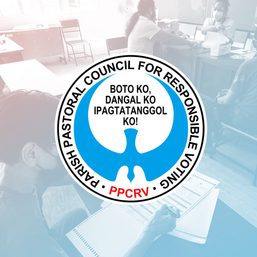
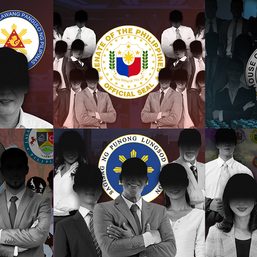

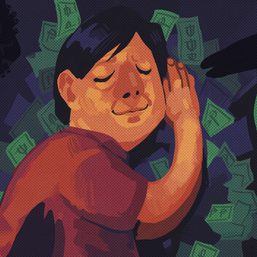
![[PODCAST] Beyond the Stories: Ang milyon-milyong kontrata ng F2 Logistics mula sa Comelec](https://www.rappler.com/tachyon/2021/11/newsbreak-beyond-the-stories-square-with-topic-comelec.jpg?resize=257%2C257&crop_strategy=attention)
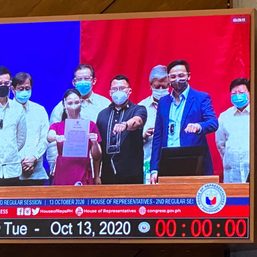
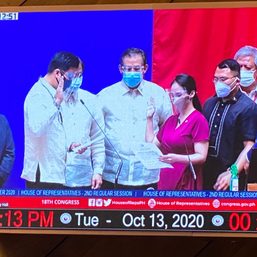
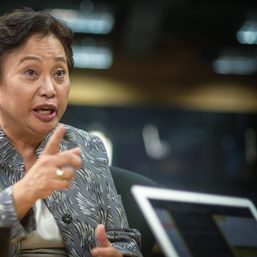
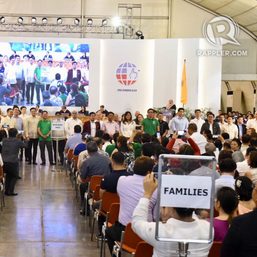
![[Free to disagree] How to be a cult leader or a demagogue president](https://www.rappler.com/tachyon/2024/04/TL-free-to-disagree.jpg?resize=257%2C257&crop_strategy=attention)
![[OPINION] Can Marcos survive a voters’ revolt in 2025?](https://www.rappler.com/tachyon/2024/04/tl-voters-revolt-04042024.jpg?resize=257%2C257&crop=251px%2C0px%2C720px%2C720px)
![[Edgewise] Quo vadis, Quiboloy?](https://www.rappler.com/tachyon/2024/03/quo-vadis-quiboloy-march-21-2024.jpg?resize=257%2C257&crop_strategy=attention)

![[OPINION] Sara Duterte: Will she do a Binay or a Robredo?](https://www.rappler.com/tachyon/2024/03/tl-sara-duterte-will-do-binay-or-robredo-March-15-2024.jpg?resize=257%2C257&crop_strategy=attention)
There are no comments yet. Add your comment to start the conversation.